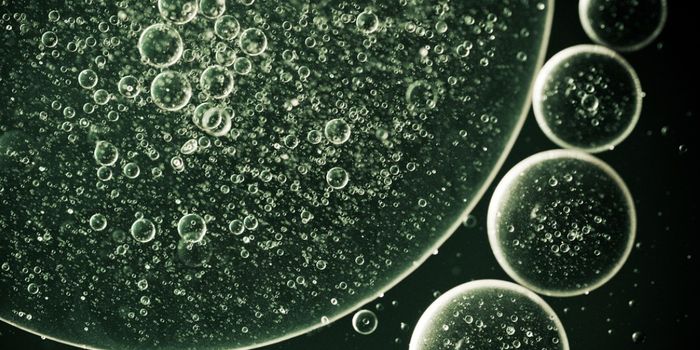Understanding Why High Salt Diets Can Damage the Kidneys
Chronic kidney disease is estimated to affect about 700 million people around the world. High salt diets are known to make this condition worse. Researchers have now identified an enzyme called NEDD4-2 that's critical to kidney health, and seems to be part of the reason why a high salt diet can cause kidney damage. The NEDD4-2 enzyme may help treat kidney disease patients. The findings have been reported in Cell Death & Disease.
"We now know that both a high sodium diet and low NEDD4-2 levels promote renal disease progression, even in the absence of high blood pressure, which normally goes hand in hand with increased sodium," said first study author Dr. Jantina Manning, a scientist at the University of South Australia (UniSA).
The kidneys are crucial to regulating the balance of fluids and electrolytes in the body, and they reabsorb salt from the body. Researchers have now suggested that NEDD4-2 controls the sodium reabsorption pathway in the kidney, ensuring that salt levels are in the right place. When NEDD4-2 is absent or not functioning properly, an increase in salt reabsorption can begin to harm the kidney.
It seems that NEDD4-2 is so critical to the maintenance of salt levels, kidney damage can happen even in people on low-salt diets when their NEDD4-2 levels are low because of genetic variants or errors.
Increasing NEDD4-2 might be a way to treat chronic kidney disease. Senior study author Professor Sharad Kumar, UniSA Chair of Cancer Biology, said developing a drug that raises NEDD4-2 levels is the long-term goal. "We are now testing different strategies to make sure this protein is maintained at a normal level all the time for overall kidney health," Kumar said. "In diabetic nephropathy - a common cause of kidney disease - levels of NEDD4-2 are severely reduced. This is the case even when salt is not a factor."
This research also indicated that kidney damage caused by high salt levels can't always be blamed on high blood pressure.
"In a lot of cases, kidney disease is exacerbated by hypertension, so we wanted to investigate that link in our study. In fact, we found the complete opposite - that a high salt diet caused excessive water loss and low blood pressure. This is significant because it means that kidney disease can also happen in people who don't have high blood pressure," said Manning.
The rate of kidney disease appears to be increasing. That has been attributed to rising obesity levels, which increases the risk of diabetes and high blood pressure.
"Obesity and lifestyle are two main factors driving chronic kidney disease but there are other things at play as well," Manning added. "Acute kidney injuries, drugs taken for other conditions, high blood pressure, and a genetic predisposition can also cause it."
Sources: AAAS/Eurekalert! via University of South Australia, Cell Death & Disease









